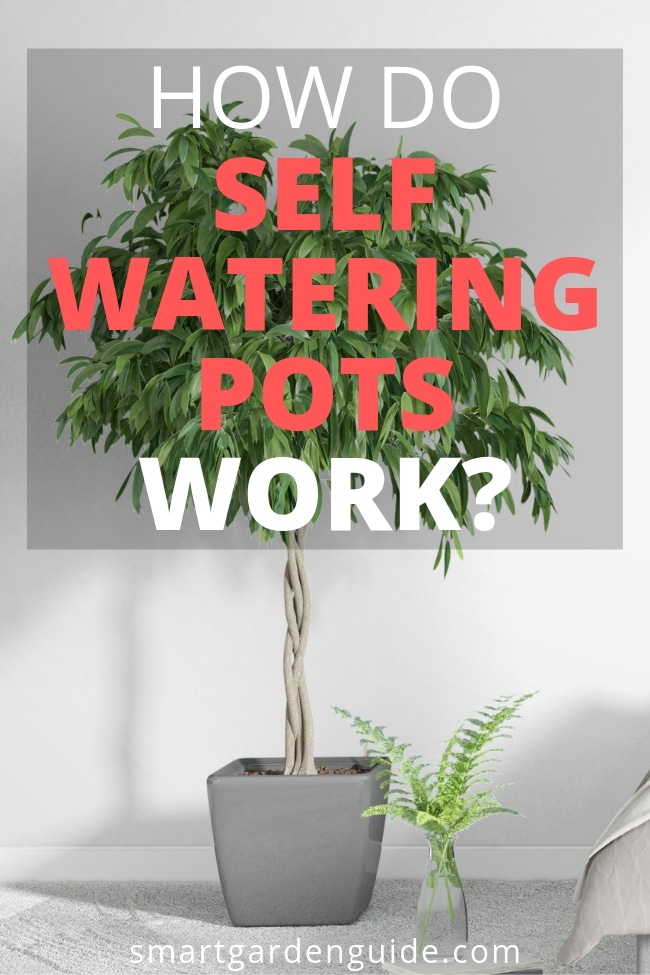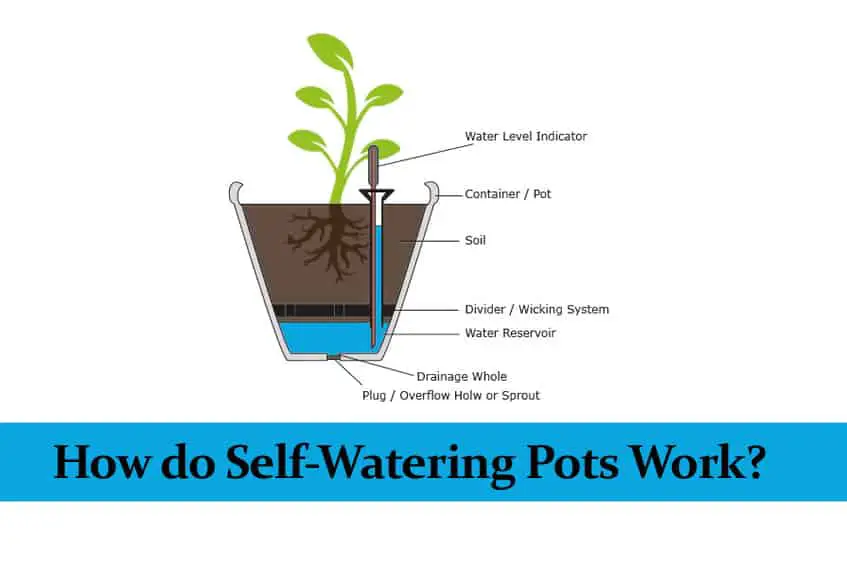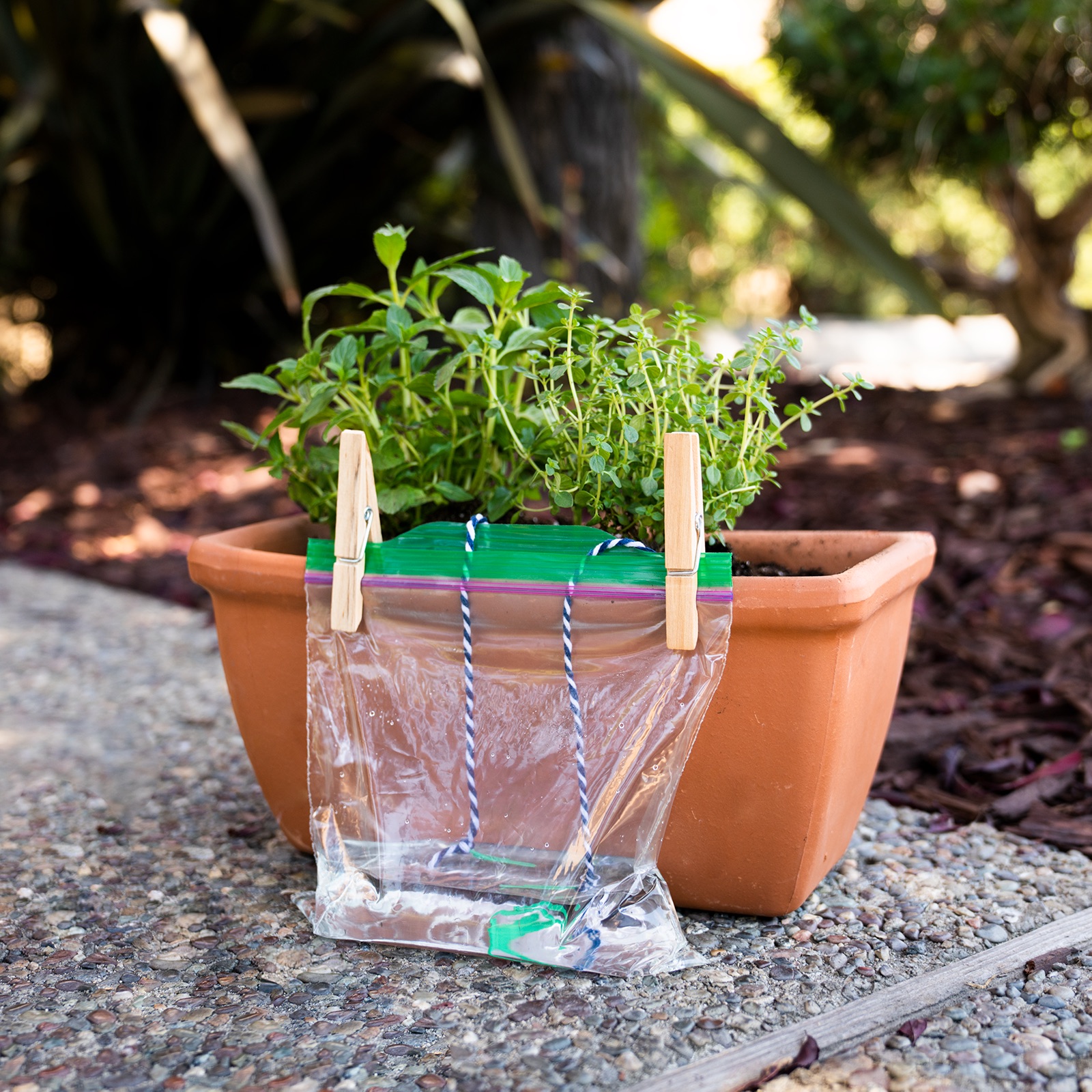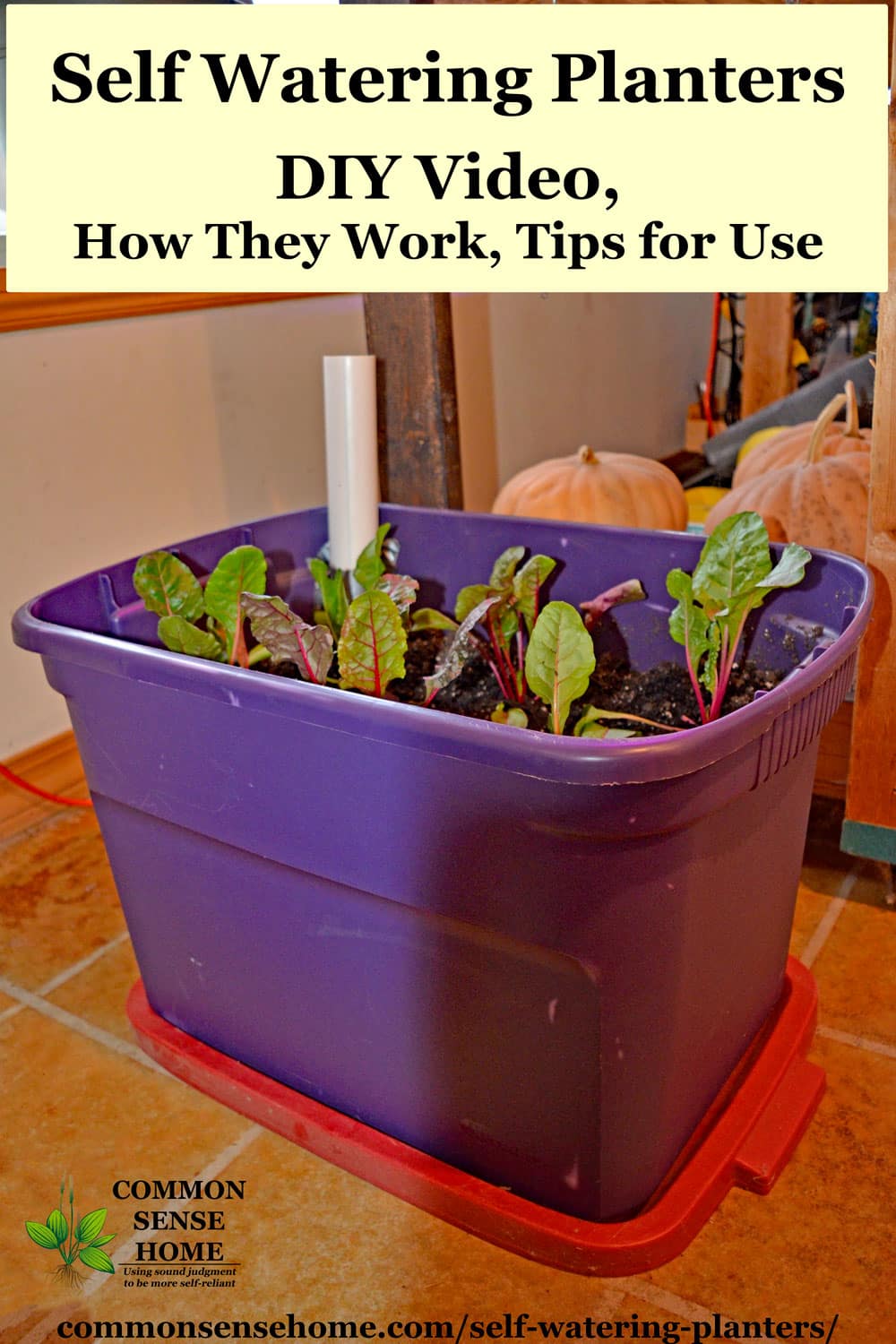Effortless Gardening: Do Self-Watering Pots Really Deliver?
The Concept of Self-Watering Pots: How Do They Work?
Self-watering pots have revolutionized the way we care for our plants. By utilizing a built-in water reservoir, these innovative planters supply plants with the right amount of moisture, reducing the need for frequent watering. But do self watering pots work as promised? To understand their effectiveness, it’s essential to grasp the underlying concept. The water reservoir, typically located at the bottom of the pot, replenishes the moisture in the soil as the plant absorbs it. This design allows plants to draw water as needed, reducing the risk of overwatering and underwatering. By providing a steady supply of moisture, self-watering pots aim to promote healthy plant growth, increase crop yields, and make gardening more convenient. With the ability to reduce watering frequency, self-watering pots have become an attractive option for busy gardeners and those new to gardening.
The Benefits of Self-Watering Pots: Convenience and Efficiency
One of the primary advantages of self-watering pots is the reduced watering frequency they offer. By providing a steady supply of moisture, these pots eliminate the need for daily watering, making them an ideal choice for busy gardeners or those who tend to forget to water their plants. Additionally, self-watering pots promote healthy plant growth by ensuring the soil is consistently moist, but not waterlogged. This leads to stronger roots, increased crop yields, and more vibrant foliage. Furthermore, self-watering pots are particularly beneficial for plants that are sensitive to overwatering, such as succulents and cacti. By minimizing the risk of waterlogged soil, these pots help prevent root rot and other common problems associated with overwatering. With their ability to simplify gardening tasks and promote healthy plant growth, self-watering pots have become a popular choice among gardeners of all skill levels. But do self watering pots work as promised? Let’s explore the benefits and drawbacks of these innovative planters.
How to Choose the Right Self-Watering Pot for Your Plants
With the numerous options available in the market, selecting the right self-watering pot for your plants can be a daunting task. However, by considering a few key factors, you can ensure that you choose a pot that meets the specific needs of your plants. First and foremost, consider the size of the pot. A pot that is too small may not provide enough moisture for your plants, while one that is too large may lead to overwatering. Choose a pot that is proportional to the size of your plants and their watering needs. The material of the pot is also crucial, as it can affect the temperature and moisture levels of the soil. For example, ceramic pots are ideal for plants that prefer cooler temperatures, while plastic pots are better suited for plants that thrive in warmer conditions. Additionally, consider the drainage system of the pot. A good self-watering pot should have a built-in drainage system that prevents waterlogged soil and root rot. By taking these factors into account, you can choose a self-watering pot that provides the right amount of moisture for your plants, ensuring they thrive and grow healthy. But do self watering pots work as promised? Let’s explore the experiences of gardeners who have used these pots.
Real-Life Examples: Do Self-Watering Pots Live Up to the Hype?
Many gardeners have reported positive experiences with self-watering pots, citing improved plant health and reduced watering frequency. For example, a study by the University of California found that self-watering pots increased tomato yields by 20% compared to traditional planters. Similarly, a gardener in Arizona reported that her self-watering pot allowed her to grow thriving succulents with minimal maintenance. However, not all experiences have been positive. Some gardeners have reported issues with clogged drainage systems or overwatering, highlighting the importance of proper pot selection and maintenance. Despite these challenges, many gardeners agree that self-watering pots have revolutionized the way they care for their plants. But do self watering pots work for all types of plants? Let’s explore the differences between self-watering pots and traditional planters to find out.
Comparing Self-Watering Pots to Traditional Planters: What’s the Difference?
When it comes to choosing a planter, gardeners often find themselves torn between traditional planters and self-watering pots. While both options have their advantages, they cater to different needs and preferences. Traditional planters, for instance, offer more control over watering schedules and can be a cost-effective option. However, they require frequent watering, which can be time-consuming and may lead to overwatering or underwatering. Self-watering pots, on the other hand, provide a more convenient and efficient way to care for plants, with the built-in water reservoir ensuring that plants receive the right amount of moisture. However, they can be more expensive than traditional planters, and the drainage system may require occasional maintenance. Ultimately, the choice between self-watering pots and traditional planters depends on the individual gardener’s needs and preferences. For busy gardeners or those new to gardening, self-watering pots can be a game-changer, providing a low-maintenance solution that still yields healthy and thriving plants. But do self watering pots work for all types of plants, and are they worth the investment? Let’s explore some common misconceptions about self-watering pots to find out.
Common Misconceptions About Self-Watering Pots Debunked
Despite their growing popularity, self-watering pots are often misunderstood. One common misconception is that they can lead to overwatering, causing root rot and other problems. However, this is a myth. Self-watering pots are designed to provide plants with the right amount of moisture, and the built-in water reservoir ensures that plants receive a steady supply of water without becoming waterlogged. Another misconception is that self-watering pots are prone to clogging, which can prevent plants from receiving the water they need. While clogging can occur, it is easily preventable with regular maintenance and cleaning of the drainage system. Some gardeners also believe that self-watering pots are only suitable for certain types of plants, but this is not the case. With the right pot and proper care, self-watering pots can support a wide range of plants, from succulents to vegetables. By understanding the facts about self-watering pots, gardeners can make informed decisions about whether they are the right choice for their needs. So, do self watering pots work? Let’s hear from the experts to find out.
Expert Insights: What the Professionals Think About Self-Watering Pots
So, do self watering pots work? We asked gardening experts and professionals who have experience with self-watering pots to share their opinions on the effectiveness of these pots. According to Rachel Klein, a horticulturist with over 10 years of experience, “Self-watering pots are a game-changer for busy gardeners. They provide plants with a steady supply of water, reducing the risk of underwatering or overwatering. I’ve seen significant improvements in plant health and growth when using self-watering pots.” Tom Harris, a landscape designer, agrees, “Self-watering pots are ideal for plants that require consistent moisture, such as vegetables and herbs. They’re also great for plants that are prone to root rot, as they prevent waterlogged soil.” While some experts note that self-watering pots may not be suitable for all types of plants, they generally agree that they can be a valuable tool for gardeners. With the right pot and proper care, self-watering pots can help gardeners achieve effortless gardening.
Conclusion: Do Self-Watering Pots Really Work?
In conclusion, self-watering pots offer a convenient and efficient way to care for plants. By providing a steady supply of water, these pots reduce the need for frequent watering, making them ideal for busy gardeners. While there may be some misconceptions about self-watering pots, the benefits they offer are clear. With the right pot and proper care, self-watering pots can help gardeners achieve effortless gardening. So, do self watering pots work? The answer is a resounding yes. They can be a valuable tool for gardeners of all levels, from beginners to experts. By understanding how self-watering pots work and their benefits, gardeners can make informed decisions about whether they are the right choice for their needs. With their ability to improve plant health, reduce watering frequency, and increase convenience, self-watering pots are a worthwhile investment for anyone looking to take their gardening to the next level.







